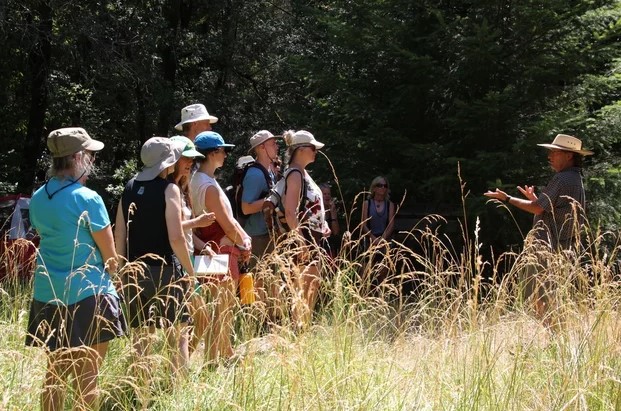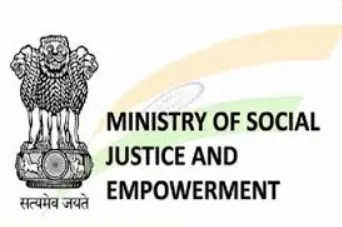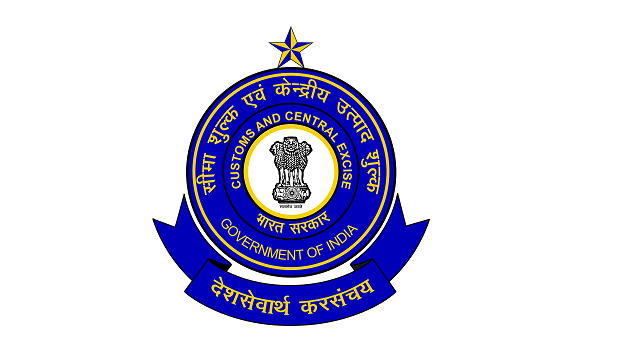
Environmental awareness is having an understanding of the environment, the impacts of human behaviors on it, and the importance of its protection.
What is Environmental Awareness?
To define environmental awareness, we must first understand the environmental movement.
Environmentalism is an ideology that evokes the necessity and responsibility of humans to respect, protect, and preserve the natural world from its anthropogenic (caused by humans) afflictions.
Environmental awareness is an integral part of the movement’s success. By spreading awareness to others that the physical environment is fragile and indispensable, we can begin fixing the issues that threaten it.
How to Promote Environmental Awareness?
Before you can begin promoting environmental awareness in your community, you must first make sure that you have a thorough understanding of environmental issues. Stay up to date on environmental news, read books and other materials, and learn about the issues affecting your own community. It’s much easier to talk to others about the environment if you’ve already taken the time to educate yourself.
Numerous resources are available to promote environmental awareness and education: group learning (inside or outside of the classroom), informational and inspirational seminars, online courses, books, articles, videos, and brochures. These are just a few of the tools that can get you started in raising awareness about the environment.
A good course of action that ensures your continued participation is to pick an environmental issue that strikes you as the most urgent. The amount of environmental issues seems limitless, and while they are all important, it’s easy to get overwhelmed. Try choosing one issue to focus on at a time. You will soon see that all environmental issues are intertwined and will find your niche of interest.
Examples of Environmental Issues?
Here are several examples of issues impacting the environment today:
Oil Drilling - This issue is one that causes a great deal of environmental destruction. Our dependence on fossil fuel is a global addiction that affects every aspect of the world. Oil spills and offshore drilling poison marine life, oil drilling (on land) suffocates the Earth, and the combustion of fossil fuels add to the increased atmospheric CO?, which in turns causes the progression of global warming and ocean acidification. This is a multifaceted issue and is a good cause to get involved with because it covers such a broad spectrum of issues.
Deforestation - Millions of acres of forest are cut down for industrial benefit, such as large scale farming, oil mining, and the production of paper goods. Deforestation causes wildlife and biodiversity extinction because the loss of habitat threatens many species’ existence. The International Union for Conservation of Nature (IUCN) has a Red List of environmentally threatened species with up-to-date information.
Production of Plastic Goods - Currently our society creates a great deal of waste and much of that waste consists of plastic. This waste ends up all over the globe in both land and water. Not only is plastic waste an issue, but the production of plastic is also dependent on fossil fuel combustion. According to the U.S. Energy Information Administration (EIA), in 2010, 191 million barrels of liquid petroleum gases (LPG) and natural gas liquids (NGL) were used in the U.S. alone to produce plastic goods.
Share Your Knowledge?
After you’ve chosen an issue and educated yourself, engage your community, family, and friends in a conversation about the issue’s urgency and importance.
By engaging your community in the conversation, you are not only promoting environmental awareness, but you may also find opportunities to participate in communal projects or to get involved in other related causes.
Make a Difference?
Once you’re well versed in environmental issues, you can use that knowledge to start beneficial projects in your home and/or in your community.
Here are some examples of the kinds of projects and initiatives you could get involved in:
Instead of driving to work or school, take the bus, carpool, walk, or ride your bike to cut down on greenhouse gas emissions. According to the EPA transportation adds to 33% of the total atmospheric CO?.
Consider investing in appropriate technology like clean power (solar or wind), if not for your home then maybe for a community center. This supports a transition to clean and renewable energy.
Buy reusable products such as glass bottles, reusable bags, and reusable cups. Avoid buying disposable goods such as paper towels, plastic bottles, and plastic bags.
Start a composting and recycling program in communities where there are none. This will help cut down our waste production.
Support local businesses and farmers, and buy organic and pesticide-free food when you can. Or, start your own community garden.
Once you have chosen your cause and have started a personal or community project, share it with the world! Get your coworkers, neighbors, friends, family, or even your local government involved. It’s much easier and more effective to spread environmental awareness and start a local project if you collaborate with others in your community.
Promoting environmental awareness is a crucial part of being an environmental steward. Start participating in the change and teach your community what is needed to create a sustainable future.










